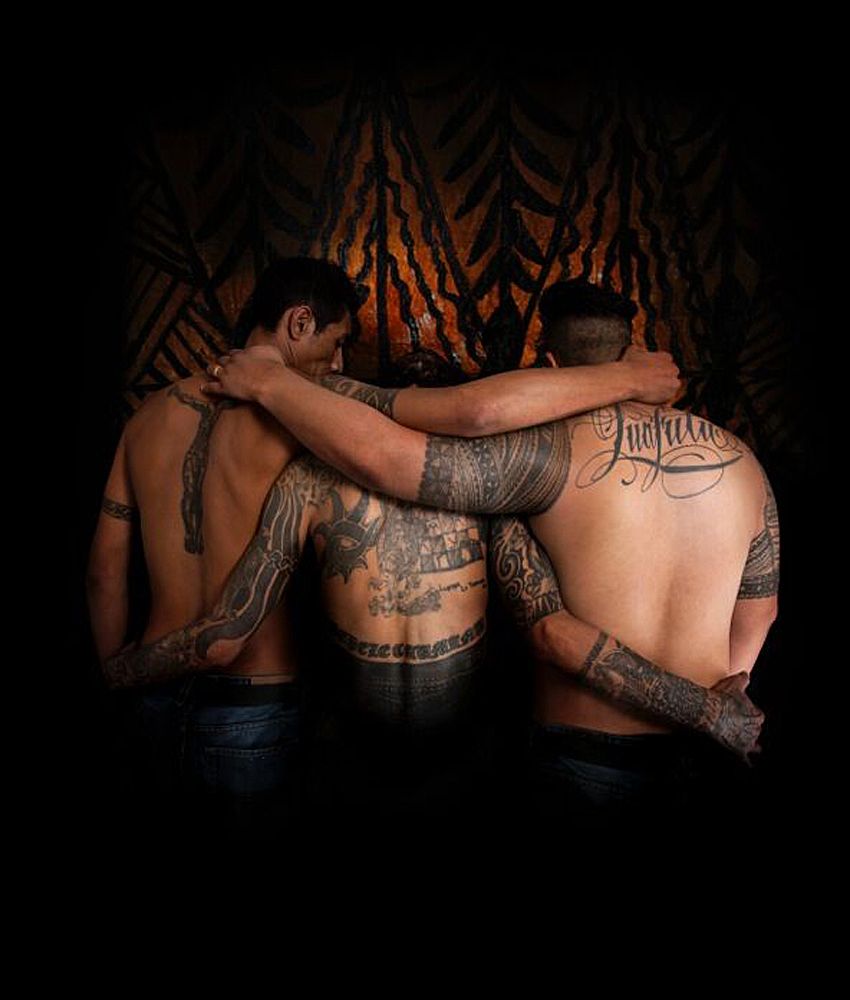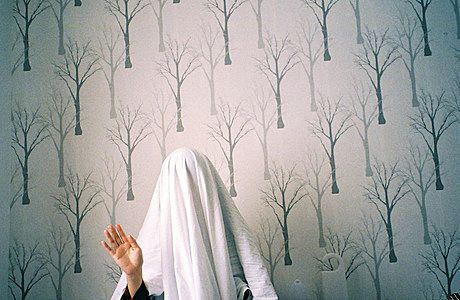Review: The White Guitar
The Conch’s The White Guitar is an exposé on the land of milk and honey, of a dream that has long been lost - if it ever existed. In this autobiographical work, the Luafutu family share their story of Aotearoa, the land of racism, gangs and drugs.
The Conch’s The White Guitar is an exposé on the land of milk and honey, of a dream that has long been lost - if it ever existed. In this autobiographical work, the Luafutu family share their story of Aotearoa, the land of racism, gangs and drugs.
Like many Samoans, the Luafutu family journeyed to Aotearoa with a dream for a life of financial and educational advancement for their children. In The White Guitar, two generations of Luafutus share the story of the dream that ran away.
Fa’amoana Luafutu (John) grew up in Ponsonby before it was home to active wear and soy lattes. In the 1960’s, Ponsonby was a hive of Polynesia amidst an otherwise largely Pākehā and largely intolerant New Zealand. The dream of Luafutu’s parents was quickly poisoned by racism and language barriers, choked by gangs and drugs.
From prison to Christchurch, and more of the above from father to sons - this story is that of a Samoan family lost in Aotearoa. On opening night, the resonance of this shook around the room. It was felt from the floor of Q’s Rangatira theatre, up into the Gods.
In the post-show Q and A, Malo Luafutu (commonly known as Scribe), sobbed quietly at his father’s feet as an audience of the family’s peers commended their honesty and bravery. In the words of one speaker, ‘You told the truth. You bared it all for all of us.’
Malo’s tears speak to an honesty that doesn’t appear to come easily. John recoils as his sons recollect their lives - the violence shared from father to sons, how John’s own mistakes became something to aspire to. Prior to this journey, these were men who didn’t talk about their problems, about their experiences. So while this story is their own to tell, the impact of it on themselves is heart-wrenching on-stage. Their voices waver, there are moments full of pause. Where they come to life is in music - John plucking on his guitar, Scribe performing his infamous, ‘Not Many.’
The White Guitar is embedded in these musical elements so it is disappointing to hear it not supported in the sound design. Throughout the performance, the sound levels dipped up and down creating moments that were nearly indistinguishable. When the Luafutus vocal projection faltered, their voices were lost to the vast space that is Rangatira.
The lighting design suffers similarly. Lighting designer Lisa Maule and visual designer Owen McCarthy have created a visually striking set for The White Guitar. Five wide panels of fabric hang like pillars, providing a medium for projection and back light to transform the space into Samoa, Christchurch and beyond. Clunky lighting state changes reminded us that we were in Rangatira.
These technical issues are a distraction from what is otherwise an incredibly powerful story. In sharing their own family history, the Luafutu’s are telling a fundamental story of Aotearoa. A missive to other families like their own.
If you look at the news at the moment, it’s very clear that New Zealand has changed from the quiet, safe place we once felt it was. From Auckland’s housing problem to dairy robberies across the country, it’s easy to feel disenchanted. In watching The White Guitar I found myself wondering - was it ever so pleasant?
The White Guitar shines light on the Luafutu’s darkness so that we may see our own. It is a reminder that the hardships we see on the streets of Aotearoa were not born in a vacuum - these stories begin with us.
The White Guitar is on at Q Theatre from
July 2 - July 15

